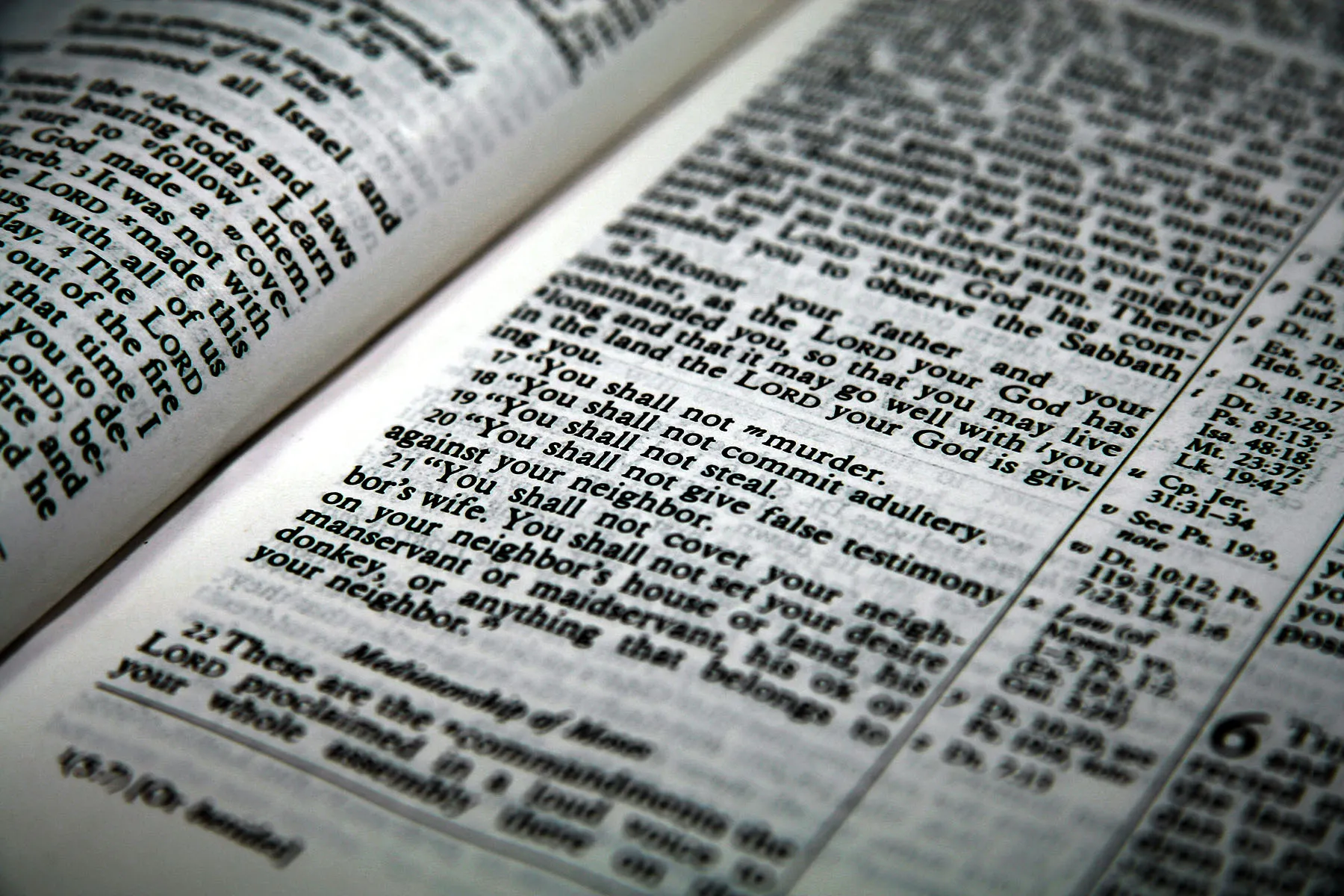In news that’s being hailed as a win for religious freedom advocates — but also has major implications for public school parents — the U.S. District Court for the Western District of Texas issued a preliminary injunction Wednesday halting the state’s enactment of legislation that requires all public school classrooms to display the Ten Commandments.
Texas Senate Bill 10 was slated to take effect September 1, but U.S. District Court Judge Fred Biery has temporarily blocked the law, citing the likelihood of it infringing upon the First Amendment’s Establishment and Free Exercise clauses.
While the Establishment clause bars the government from forcing a specific religious doctrine on the public, the Free Exercise clause safeguards individuals’ rights to observe their religious faith free of government influence.
In Rabbi Nathan v. Alamo Heights Independent School District, Judge Biery ruled that SB 10 could cause students to experience unconstitutional religious coercion and violate their parents’ rights to guide their religious instruction. Displays of the Ten Commandments in classrooms, he stated, “are likely to pressure the child-Plaintiffs into religious observance, meditation on, veneration, and adoption of the State’s favored religious scripture, and into suppressing expression of their own religious or nonreligious background and beliefs while at school.”
Rabbi Mara Nathan, the lead plaintiff in the case, said in a statement that, as both a faith leader and public school parent, she welcomed the ruling.
“Children’s religious beliefs should be instilled by parents and faith communities, not politicians and public schools,” she said.
The plaintiffs in the case are public school parents from Christian, Jewish, Hindu, Unitarian Universalist and nonreligious backgrounds. The American Civil Liberties Union of Texas, the national ACLU, Americans United for Separation of Church and State and the Freedom from Religion Foundation represented the families, with Simpson Thacher & Bartlett LLP participating as pro bono counsel.
“Today’s decision will ensure that Texas families — not politicians or public-school officials — get to decide how and when their children engage with religion,” said Rachel Laser, president and CEO of the nonprofit Americans United for Separation of Church and State, in a statement. “It sends a strong and resounding message across the country that the government respects the religious freedom of every student in our public schools.”
Religious freedom advocates have argued that blurring the lines between church-state separation in public schools not only marginalizes students from religious minority groups but may also send harmful messages to girls and students of color.
The 10th commandment states, for example: “You shall not covet your neighbor’s house. You shall not covet your neighbor’s wife, or his male or female servant, his ox or donkey, or anything that belongs to your neighbor.”
This scripture alone could be viewed as framing women as solely the property of others, no different from livestock, be they wives or servants. The Bible has also been used to justify enslavement, which the final commandment also alludes to — an ideological argument that could cause psychological or emotional harm to students whose ancestors were enslaved.

Support The 19th’s ambitious plans
As part of our three-year strategic plan, we’ll keep showing up in the way you’ve told us you need us to: as your relatable guide to an unequal nation. Your support will help drive our plan forward.
More broadly, biblical scriptures that take aim at fornication and same-sex relations have been criticized for instilling shame in youth and adults who have sex before marriage or are LGBTQ+.
“Public schools are not Sunday schools,” said Heather L. Weaver, senior counsel for the ACLU’s Program on Freedom of Religion and Belief, in a statement. “Today’s decision ensures that our clients’ schools will remain spaces where all students, regardless of their faith, feel welcomed and can learn without worrying that they do not live up to the state’s preferred religious beliefs.”
Texas is not alone in its failed bid to display the Ten Commandments in all public school classrooms. In November, a federal judge blocked Louisiana’s attempt to blur church-state separation in this way.
In June, a group of Maryland parents on the opposite side of the political spectrum emerged victorious when the U.S. Supreme Court ruled that they could object to LGBTQ+ picture books in their children’s classrooms on religious grounds. The ruling has sparked fears that parents will cite their religious beliefs to wield more power over the public school curriculum nationwide.






